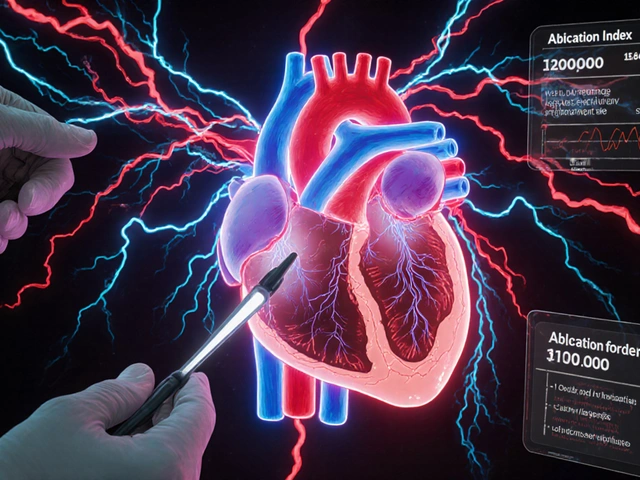Hydroxyzine Alternatives: What Works and When
Hydroxyzine is used for allergies, itching, and short‑term anxiety. It works well for many people, but it causes drowsiness for some and isn’t right for everyone. If you’re looking for alternatives, this guide lists real options, what to expect, and simple tips to talk with your clinician.
Drug alternatives: quick comparisons
Cetirizine and loratadine are non‑sedating antihistamines for allergies. They won’t help anxiety but are safer if daytime sleepiness is a problem. Diphenhydramine gives strong sedation like hydroxyzine, so use it only short term — and be careful if you’re older or taking other sedatives.
For itching that won’t stop, doxepin can work. It’s a tricyclic antidepressant with strong antihistamine effects and comes in low‑dose topical creams or oral forms. Gabapentin is another option for chronic itch, especially when nerve pain is involved. Both need a prescription and monitoring for side effects like dizziness or drowsiness.
If your main issue is anxiety, consider these prescription options: short‑term benzodiazepines (for brief relief), SSRIs like sertraline or escitalopram for longer‑term anxiety control, or buspirone for less sedation and lower dependence risk. Antidepressants take weeks to work; benzodiazepines act fast but can cause dependence. Talk with your prescriber about what fits your situation and timeline.
Non‑drug and topical options that help
Sometimes you don’t need a new pill. For mild itching, moisturizers, cool compresses, and topical 1% hydrocortisone can reduce symptoms. For chronic itch, menthol or pramoxine creams offer temporary relief without systemic side effects. If allergies trigger symptoms, nasal steroid sprays and avoiding triggers often cut down on medication needs.
Behavioral approaches help anxiety without drugs. Cognitive behavioral therapy (CBT) and breathing techniques reduce symptoms for many people. Sleep hygiene, regular exercise, and limiting caffeine also lower anxiety and improve how you tolerate medications.
How to choose? Match the treatment to the symptom: use non‑sedating antihistamines for daytime allergy relief, consider doxepin or gabapentin for stubborn itch, and pick an SSRI or buspirone for ongoing anxiety. If you need fast relief, a short course of a benzodiazepine or diphenhydramine-like drug may be okay under close supervision.
Always tell your clinician about other meds, liver or kidney problems, and whether you’re pregnant or breastfeeding. Older adults often need lower doses because sedating drugs raise fall and confusion risk. If side effects show up — extreme drowsiness, confusion, fainting, or breathing trouble — get medical help right away.
If you’re unsure which alternative fits, ask: What symptom do we target? How quickly does it need to work? What risks am I willing to accept? Those three questions make the conversation with your provider focused and practical.

Dermatology-Recommended Hydroxyzine Alternatives for Itching Relief: Meds & Creams Explained
Discover dermatologist-approved hydroxyzine alternatives for itching relief, including oral meds, topical creams, and non-drug options. Expert facts and tips.
Detail



